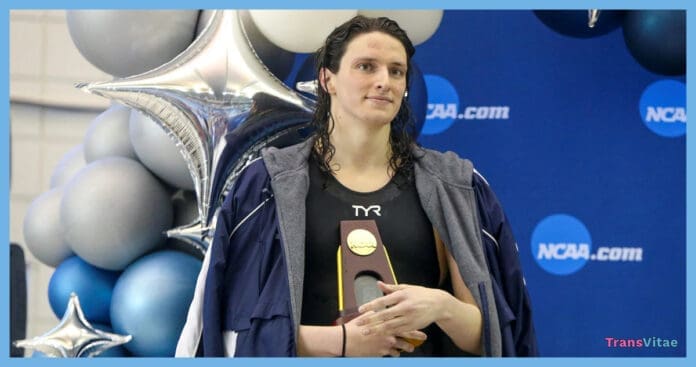A federal judge has dismissed all claims against Harvard University in a lawsuit filed by three former University of Pennsylvania swimmers. The suit alleged that Harvard discriminated against female athletes by hosting the 2022 Ivy League Women’s Swimming and Diving Championships, in which transgender swimmer Lia Thomas competed. The ruling effectively ended Harvard’s involvement in the case.
The lawsuit, filed in early February 2025 by Grace Estabrook, Ellen Holmquist, and Margot Kaczorowski, named Harvard, Penn, the NCAA, and the Ivy League Council of Presidents as defendants. The plaintiffs claimed that hosting the event at Harvard constituted a separate and direct Title IX violation. They alleged deprived opportunities, privacy concerns, and unequal treatment as female athletes due to Thomas’s presence.
In April, Harvard filed a motion to dismiss, arguing it merely followed existing NCAA policy and did not make eligibility decisions. The NCAA policy at the time permitted transgender women to compete on women’s teams if their testosterone levels met a sport-specific threshold. Harvard also contended it had provided locker room arrangements consistent with its policy and that no swimmer using those facilities could claim concrete harm.
U.S. District Judge William G. Young issued the ruling on July 29, 2025, finding that Harvard’s role as event host, in compliance with prevailing standards, did not independently expose it to Title IX liability. He noted no precedent holds a venue host liable if it adheres to governing policies. The ruling means claims against Harvard cannot proceed as a standalone violation.
Claims against the Ivy League Council of Presidents had already been dismissed earlier under the reasoning that it is not subject to Title IX liability because it neither receives federal funds nor operates as an incorporated entity.
With Harvard out of the case, the presidential order signals a pause on further proceedings against the remaining defendants, Penn and the NCAA, pending resolution of Gaines v. NCAA, a similar Title IX lawsuit currently underway in Georgia. That case was filed by former University of Kentucky swimmer Riley Gaines and challenges the NCAA’s prior eligibility policies for transgender athletes. Judge Young has stayed further action in the Penn suit until the Georgia ruling is finalized.
The plaintiffs originally claimed that Thomas’s participation deprived them of fair competition and harmed their privacy in shared locker facilities. Harvard countered that the plaintiffs lacked standing, as they never actually used the locker rooms with Thomas present, and argued forcing Thomas into separate facilities would itself violate Title IX.
Penn separately reached a settlement with the U.S. Department of Education on July 1, 2025, resolving a federal investigation. As part of its agreement, Penn adopted “biology‑based definitions” of sex, removed Thomas’s individual records, issued a public statement, and sent apology letters to impacted female athletes.
What Happens Next?
- Penn and NCAA remain defendants in the underlying case, but proceedings are paused pending the outcome of Gaines v. NCAA, expected to significantly shape Title IX precedent.
- If Riley Gaines’s case concludes in favor of the plaintiffs, the Penn suit may resume or be subject to new legal scrutiny.
- Harvard’s dismissal may help colleges hosting such events understand the scope of liability limits under Title IX.
This ruling for Harvard sets an important legal boundary: simply hosting a competition under prevailing NCAA rules does not alone trigger Title IX liability, ushering in what may become a pivotal standard for future litigation over transgender athletes’ participation.


